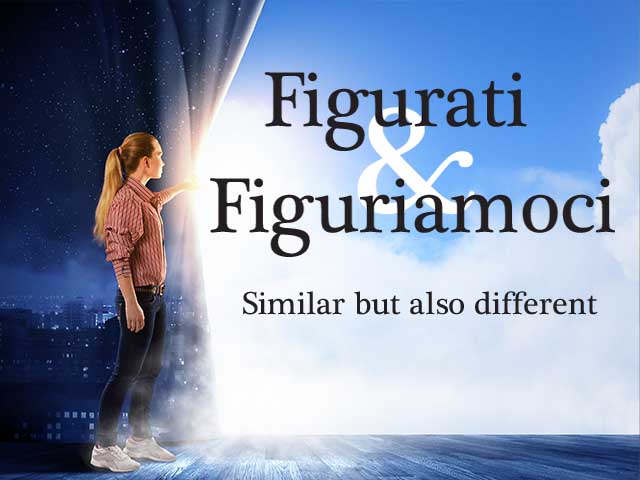
Figurati e Figuriamoci: Una Guida Divertente per Capirli
“Figurati” and “Figuriamoci”: A Fun Guide to Understanding Them
Figurati: Quando la gentilezza è d’obbligo
Figurati: When Kindness is a Given
“Figurati” è la forma imperativa “tu” del verbo riflessivo “figurarsi.” Lo sentirai spesso nelle conversazioni quotidiane italiane.
“Figurati” is the informal imperative form of the reflexive verb “figurarsi.” You’ll hear it frequently in everyday Italian conversations.

Significa: Of Course!
“Figurati” si usa per esprimere cordialità o disponibilità.
“Figurati” is used to express kindness or willingness. It can mean:
Certo!
Of course!
Figurati!
No problem!
Non c’è problema!
You’re welcome!
È stato un piacere!
My pleasure!
Pago io la tua cena, figurati!
I’ll pay for your dinner, of course!
Speaker 1: Grazie mille per l’aiuto di ieri.
Thanks for your help yesterday.
Speaker 2: Figurati!

La differenza tra “Figurati” e “Figuriamoci”
Figuriamoci: Imagination with a Dash of Sarcasm
“Figuriamoci” è la forma imperativa “noi” del verbo riflessivo “figurarsi.” A differenza di “Figurati,” non si usa per dire “prego” o “non c’è problema.”
“Figuriamoci” is the imperative “we” form of the reflexive verb “figurarsi.” Unlike “Figurati,” it’s not used to say “you’re welcome” or “no problem.”
Figuriamoci” can mean “imagine that,” but it’s often used to:
Rafforzare un’affermazione
Emphasize a statement.
Negare qualcosa in modo deciso.
No problem!
Esprimere sarcasmo.
Strongly deny something.
Non ho amici, figuriamoci una ragazza.
I don’t have any friends, let alone a girlfriend.
Speaker 1: Credi che chiederà scusa?
Do you think she will apologize?
Speaker 2: Figuriamoci!
Fat chance!
Speaker 1: Elena mi ha scritto che non può uscire stasera a ballare.
Elena texted me that she can’t go out dancing tonight.
Speaker 2: Figuriamoci, non vuole mai uscire con noi!
No surprise, she never wants to go out with us!

Esercitiamoci insieme!
Let’s Practice Together!
Ora tocca a te! Prova a scrivere alcune frasi usando “Figurati” e “Figuriamoci” nei commenti.
Now it’s your turn! Try writing a few sentences using “Figurati” and “Figuriamoci” in the comments.
Se hai ancora dubbi, prenota una sessione di coaching linguistico con me. Sono pronta ad aiutarti a migliorare il tuo italiano!
Still have doubts? Book a language coaching session with me. I’m ready to help you improve your Italian!










